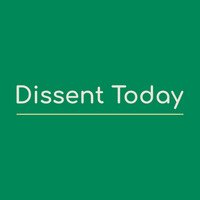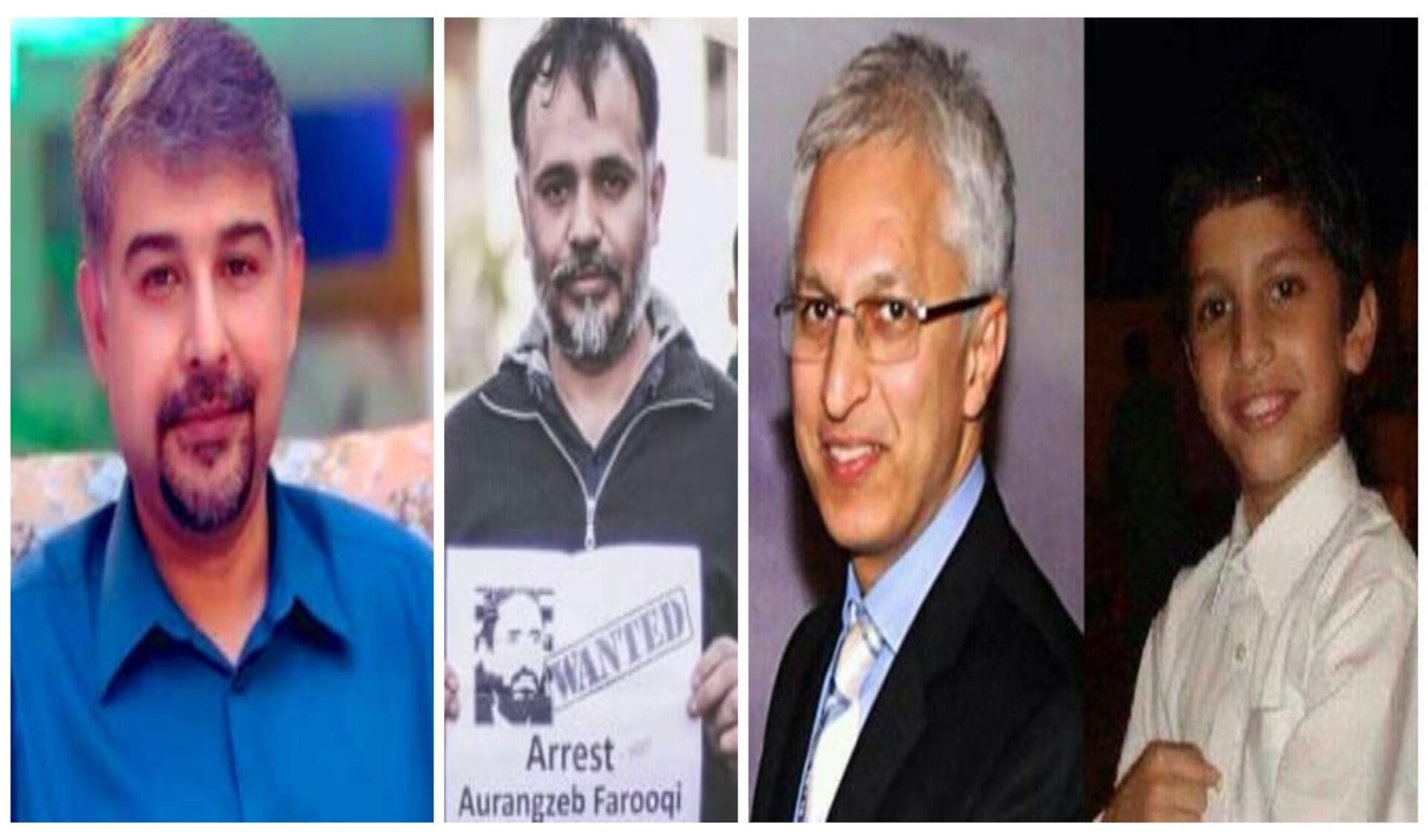Pakistan’s Shia community, that makes up about 10-15 percent of the country’s population, has long faced violence at the hands of extremist groups. The state’s response (or inaction) to the persecution of the community has been part of the problem. Extremist groups such as Lashkar-e-Jhangvi (LeJ), Sipah Sahaba Pakistan (SSP) and Ahle Sunnat wal Jamaat (ASWJ) target Shias and engage in hate speech against the community. These groups begin operating under different names after being banned, continuing to operate with impunity.
According to the Human Rights Commission of Pakistan, in 2013 nearly 700 Shia were killed and more than 1,000 were injured. While the large scale attacks targeting the community subsided close to 2015, but targeted killings and other instances of violence continue to target the community. The day of Ashura (10th Muharram) has particularly brought bloodshed for the community, with bomb blasts targeting the Muharram processions.
In 2020, another wave of bigotry and violence against the Shia community was witnessed, with several blasphemy cases registered against them in different parts of the country merely for practicing their faith on Ashura. Extremist groups that consider Shias “infidel” were behind the rise in blasphemy cases against the community. In March last year, a Shia mosque in Peshawar was attacked, and over 60 people were killed.
Earlier, in January 2021, 11 Shia-Hazara coal miners in Mach, Balochistan, were killed after being abducted. The then prime minister Imran Khan was criticised for refusing to visit the protesting heirs of the slain coal miners, calling them “blackmailers”. While the list of atrocities against the Shia community in Pakistan is long, below are some high-profile Shia individuals who lost their lives to the senseless violence.
Former MNA Ali Raza Abidi
Former Mutahidda Qaumi Movement (MQM) MNA Ali Raza Abidi, a Shia by faith, was shot dead outside his residence in Karachi’s Defence area in 2019. While his killers remain unknown, he was a vocal voice against activities of banned sectarian outfits, which is why the involvement of these groups in his murder cannot be ruled out. Abidi actively collaborated with civil society groups in their campaign ahead of the 2018 elections seeking disqualification of extremist candidates.
Professor Sibte Jafar
Professor Sibte Jafar was principal of the Liaquatabad College in Karachi and a renowned Shia poet. He was shot dead by unknown men in 2013 near Liaquatabad College. Two members of the banned militant group LeJ were arrested for his killing.
Activist Khurram Zaki
A vocal civil society activist and a strong critic of banned sectarian outfits, 40-year-old Khurram Zaki was killed in 2016 in Karachi.
Allama Nasir Abbas
A prominent Shia cleric from Multan, Allama Nasir Abbas, was shot dead in Lahore when he was returning home after attending a Majlis in the Shah Jamal area of Lahore.
Dr Ali Haider
A prominent eye specialist, Dr Ali Haider and his son shot dead in Lahore near the residence of the then deputy prime minister Chaudhry Pervaiz Elahi. Haider was driving his son Murtaza to Aitchison College when two gunmen stopped them and opened fire at the vehicle, killing the doctor and his son.
Aside from these attacks on Shia professionals and clerics, Ashura processions were also bombed many times. In 2013, a suicide blast targeting an Ashura procession in Jacobabad was attacked and 22 people lost their lives. Earlier, in 2006, at least 40 people were killed and 50 others injured in a suspected suicide attack targeting a Muharram procession in the Hangu town of Khyber Pakhtunkhwa.


